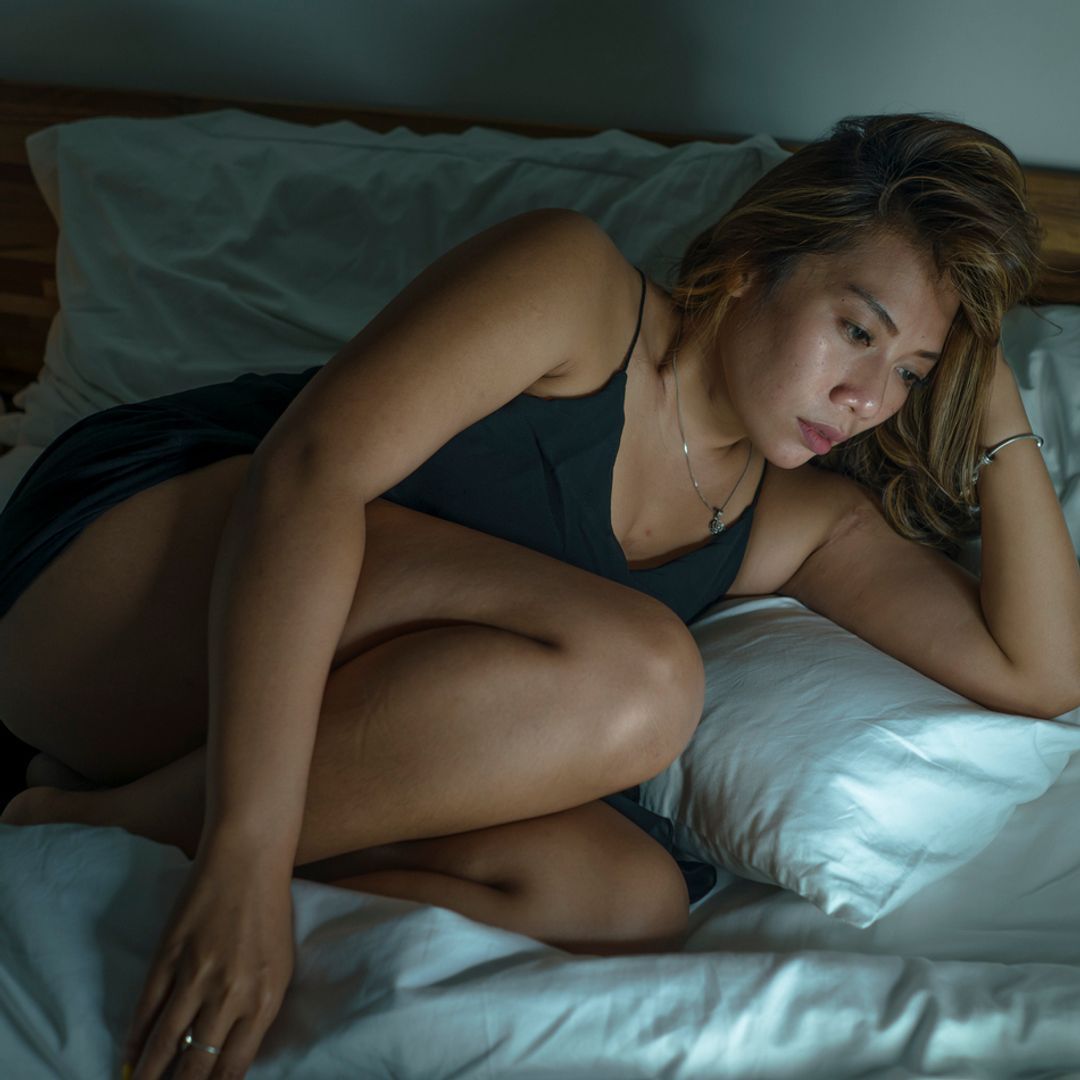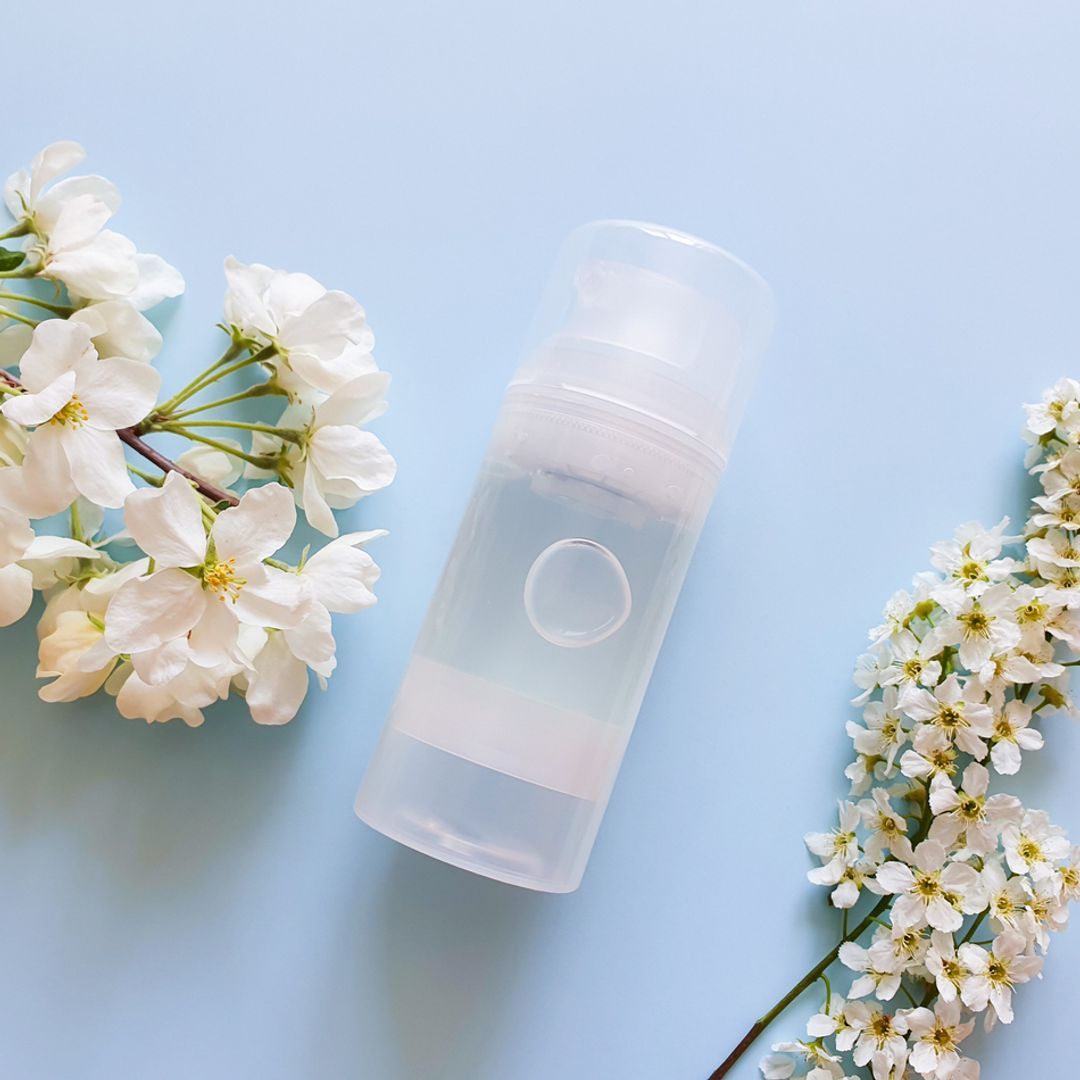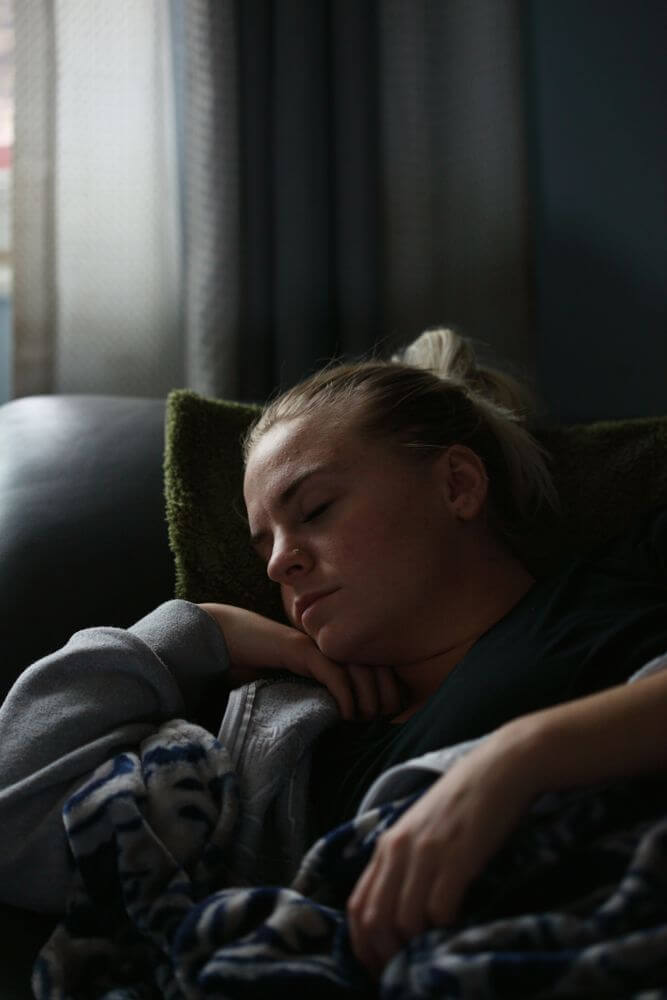How Sex Might Change During Menopause and What You Can Do About It
For women, menopause is a time of transition. With the body going through so many changes, it's normal to feel frustrated or confused about how this will affect your sex life.
Summary
- Menopause can be a difficult time for women and can have a huge impact on their sex life. But this does not need to be the case if you enjoy and want frequent sex during and post-menopause.
- Sex can feel different during menopause due to changes in your hormones having a physical and psychological effect on your body. For example, vaginal dryness is caused by a drop in oestrogen levels disrupting natural lubrication of the vagina. and it can result in difficulties in being able to naturally lubricate the vagina.
- There are plenty of treatments out there to make sex less painful during menopause such as over-the-counter personal lubricants and vaginal moisturisers. When these types of treatments are not effective, there is also vaginal oestrogen therapy (VET). Whichever option you go for, make sure not to ignore vaginal discomfort as it may worsen in the long run. Whichever options you go for, just make sure you don’t ignore vaginal discomfort as the issue can escalate into a long-term physiological issue.
- Although menopause and decreased libido (sex drive) libido can be closely linked, it does not mean women can’t continue to lead happy and active sex lives. Having open and honest conversations with your sexual partner may help address concerns (such as low arousal). You may also wish to try a new experience (e.g. sex toys) or reach out to your doctor and think about starting hormone replacement therapy which can help bring your libido back.
Introduction
For women, menopause is a time of transition. With the body going through so many changes, it's normal to feel frustrated or confused about how this will affect your sex life. While it can be challenging at first, there are ways to ensure that you continue to enjoy the pleasures of sex for years to come.
As you age and go through menopause, sexual intercourse can become less frequent. While this is a normal part of ageing, it's important to talk with your partner about what the change means for both of you. While some people are comfortable with having sex less frequently as they age and feel that their relationships are still fulfilling without it, others may feel like something is missing.
It is worth mentioning the questionnaire data from the Study of Women’s Health Across the Nation (SWAN)reported that the lack of sexual desire is not always linked to developing pain during intercourse. This means that as you age, it could just be that your libido is naturally dropping rather than not wanting to have intercouse because it’s painful.
Below we'll talk about some of the most common changes that happen during menopause that may affect libido and tips for dealing with them.
How Menopause Can Effect Sex

Although everyone experiences menopause differently, many women find it can hugely impact their sex life. As you get older, your libido may dip from time to time. It's normal for your sex drive to be affected by many factors, including hormones, stress and depression. During menopause, it's also common for your libido and even vaginal lubrication to decrease as the levels of estrogen in your body decrease. This can make it difficult to become aroused enough to have sex or even enjoy foreplay.
As your body changes, so can the way that you experience sexual pleasure. You might notice that your orgasms feel different or more pleasurable than before menopause. Some women also say their orgasms last longer during menopause compared to before the onset of menopause. However, other women report experiencing less intense and less frequent orgasms. less intense orgasms and fewer of them over time.
Apart from perceived change in how you experience sex, there is also the associated condition of vaginal dryness during menopause. Vaginal dryness is caused by a drop in oestrogen – the hormone responsible for keeping your vagina moist and elastic. The result is that it becomes more difficult for vagina to be lubricated naturally during sex.
Due to oestrogen loss, you may experience recurrent urinary tract infections (UTIs). UTIs may be bacterial or fungal, and can be treated with antibiotics or antifungals, respectively. If you have a history of UTIs, it may be worth consulting your doctor to get advice on how best to prevent them. For example, adequate hydration and dietary sugar avoidance may help. Unsurprisingly, UTIs can be uncomfortable, and you're less likely to want sex.
In general, it's important to note that large-scale surveys show little agreement on what impact sex life has on women's health and well-being in menopause, and such surveys include questions about frequency of intercourse, orgasm intensity and duration. This may be because so many other factors besides age affect sexual desire and response. For example, stress levels, relationship satisfaction, preferences for particular sexual activities, level of intimacy with one's partner, or presence of a chronic medical condition (such as diabetes), all influence sexual desire and response.
Seek Help For Painful Sex

When it comes to sex, the last thing you want to experience is pain. For some menopausal women, vaginal dryness doesn't just cause discomfort during sex, but also makes it painful. Dry, fragile vaginal tissue can lead to vaginal atrophy, resulting in itching, burning, spotting and pain during intercourse. Some women may also experience friction burns while having sex.
As mentioned above, less oestrogen can also mean less natural lubrication inside the vagina – making intercourse painful or uncomfortable. If you experience vaginal dryness and discomfort during sex, there are several things you can do to alleviate the problem. Over-the-counter products like lubricants can supplement your body's natural lubrication during sex. Some women find that regular use of over-the-counter vaginal moisturisers helps as well. If these treatments aren't enough, it's possible to look into vaginal oestrogen therapy (VET).
If you notice any of these changes, do not wait until things become unbearable. It can also lead to conditions like female sexual dysfunction (FSD) as reported in Women's Midlife Health.
One of the best ways you can help yourself with sexual difficulties during menopause is to ensure your body is the healthiest it can be. Feeling and looking good will boost your confidence and can switch that libido back on. To get a true picture of how your body is ageing, consider calculating your biological age with GlycanAge. With our home testing kit, we can support you with healthy ageing and make the lifestyle changes needed to make you feel sexy during menopause.
Tips For Sex During Menopause

Although menopause is often associated with loss of libido, that does not need to be the case for you. Having a healthy sex life is important to most people (men and women alike), so it's only natural that this would be a source of concern when going through menopause. But rest assured, it is possible to experience menopausal arousal and have an active sex life during and after menopause.
Now that sex is on your mind, here are some tips that may help with intimacy during menopause:
- Communicate with your sexual partner – If you're worried about how you might feel during sex, try talking to your partner about it. There are many circumstances when partners assume everything is fine when it is not. It's worth trying to get ahead of any potential problems by communicating with your partner openly and honestly about how you're feeling both physically and emotionally.
- Switch up what you do under the covers – If you've been sticking to the same routine, mixing up your sexual routine can make getting intimate less stressful and more exciting. Try something new, maybe even something completely unexpected and see how it goes. There are plenty of positions and toys out there that can help you amp things up in bed.
- Try out sex toys – Solo or with a partner using sex toys can help make sex more interesting during menopause. They're great for adding variety or helping with arousal during intercourse when treatments like hormone replacement therapy (HRT) aren't enough. Some toys are designed specifically for couples, while others are designed for solo use by women or men. Sex toys are great if you're looking to bring back some fun into your sexual routine.
- Stay active – Regular exercise can help improve circulation and reduce stress levels, improving sexual function in pre and postmenopausal women. There are many different forms of exercise you can do. For example, try going for a walk with your partner or doing yoga together at home. If you're concerned about getting too hot when you are already experiencing hot flashes, try wearing breathable workout clothes and drinking plenty of water.
- Consider taking HRT – Hormone replacement therapy (HRT) has shown positive results when it comes to managing menopausal symptoms such as vaginal dryness and hot flashes. Though not everyone is a good candidate for HRT nor HRT suits everyone, it might be an option for you to look into together with your doctor.
Closing Thoughts
So next time you find yourself questioning how your sex life will change as you age, remember that many women have already been in your place and that your worry is reasonable. But keep in mind that there are things you can do to help yourself stay comfortable during these changes – and besides, menopause is just another part of life. You've dealt with plenty of other challenges before this one! Remember that your body's going through a lot right now. Menopause doesn't mean you should give up sex altogether and there is plenty you can do to bring your libido back to normal.
Frequently Asked Questions (FAQs)
Is sex good for menopause?
Regular vaginal sexual activity is fantastic for vaginal health during menopause - it helps stimulates blood flow, keeps your vaginal muscles toned, and maintains your vagina's stretchiness and length. Sex is good for your health, no matter what stage of life you're in. It can help relieve stress and improve sleep while boosting your mood.
Why does menopause affect sex?
During and after menopause, the ovaries produce less estrogen and progesterone, which causes a shift in hormone balance. This can cause vaginal dryness and other common symptoms of menopause, such as hot flashes, night sweats, mood swings, fatigue and brain fog. Lack of oestrogen also reduces sex drive and in combination with the mentioned symptoms, may affect your sexual relationship.
Does your sex drive come back after menopause?
During perimenopause, some women experience a drop in libido because of hormone changes. But once you've gone through menopause, your sex drive may return. Many postmenopausal women even say their sex lives are better than ever before.
Why can't I climax during menopause?
Many women complain of difficulty reaching orgasm during sexual intercourse. This may be because they struggle with other issues such as pain or vaginal dryness. It could also be that your body is no longer producing enough oestrogen, which affects your vagina's natural lubrication.
Can women orgasm after menopause?
Yes! Although many people believe that women cannot climax after menopause, this simply isn't true. While some women experience an end to their ability to reach orgasm during this period in their lives, others continue experiencing pleasure as they did before menopause began.
References
https://journals.lww.com/greenjournal/Abstract/2022/06000/Patterns_of_Sexual_Activity_and_the_Development_of.19.aspx
https://journals.lww.com/menopausejournal/fulltext/2019/10000/sexual_functioning_in_4,418_postmenopausal_women.5.aspx
https://womensmidlifehealthjournal.biomedcentral.com/articles/10.1186/s40695-021-00067-2
https://womensmidlifehealthjournal.biomedcentral.com/articles/10.1186/s40695-021-00069-0
https://www.ncbi.nlm.nih.gov/pmc/articles/PMC6780739/
https://www.physiciansweekly.com/patterns-of-sexual-activity-the-development-of-sexual-pain
https://glycanage.com/price-and-plans/
YouTube Video Link: https://www.youtube.com/watch?v=J7mwGaZ0ge0 |
.png?alt=media&token=b212b03c-b6e9-4766-a208-4877706c196b)

